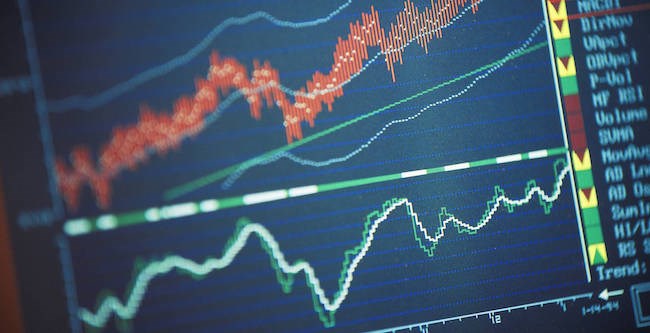
The weight of the FANMAGs on the S&P 500
Yes, these companies are gigantic and global. However, this casts serious doubts on claims that the S&P 500 alone offers a broad diversification of investment risk.
It also questions the fact that the index somehow represents the entire American economy and explains why the index grew during this spring, even though the economic rebound was flat (or worse).
"The performance of the stock markets, especially in the United States, during the coronavirus pandemic seems to challenge logic," notes economist Robert Shiller, Yale's Nobel laureate. The index is currently valued with earnings per share 30 times higher than the average of the last decade.
Prior to this year, it has reached or exceeded this level only twice: in 2000 and 1929. Yet much of the index's performance is driven by only these six stocks. This is why the total dividend yield on the S&P 500 is only 1,8%.
After the moment of brief market euphoria at the beginning of last month, casino stocks decreased on average by 18%, department stores by 19%, hotels, resorts and cruise lines by 25% and companies planes by 28%, according to data analysis firm FactSet.
Small and mid-sized company stocks, which are often seen as a better indicator of the economic health of the stock market, also lag behind the S&P 500, and badly.
What does this mean for the ordinary investor of an index fund? In short, it could be inferred that it is exposed to significant risks that it may not realize. Without fully realizing it, investors are betting heavily on FANMAGs.
The indices are not without risk
"The idea that equity indices are somewhat risk-free has always been a dangerous mistake that has been amplified by the increase in passive investments," comments Mark Urquhart, manager at Baillie Gifford in Edinburgh, Scotland.
"In fact, all three significant market crises I have seen in my career - technology, media and telecommunications (TMT), the financial crisis and now the coronavirus - have been linked by so much damage caused to particular sectors of the index. to demolish the thesis according to which the investment in the index can diversify this risk ".
There are two possible risks. The first is that there will be an economic rebound in the coming quarters and the owners of index funds will remain out, because these big stocks have already rallied. The second risk is that there is no economic rebound ... and that these giant stocks are facing a recession.
